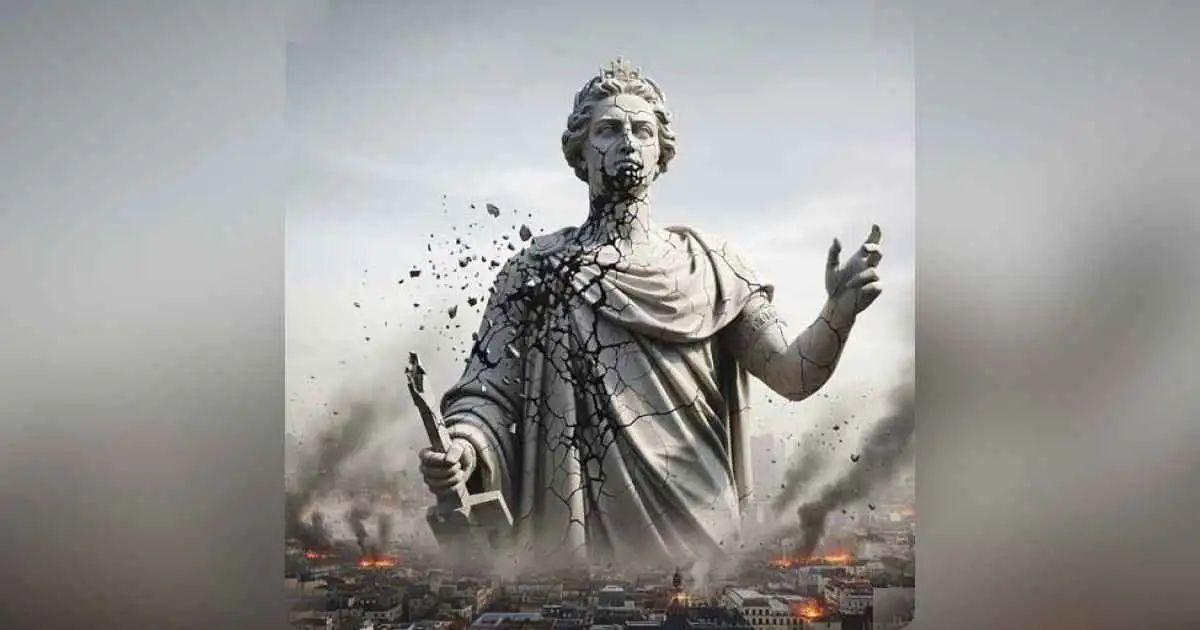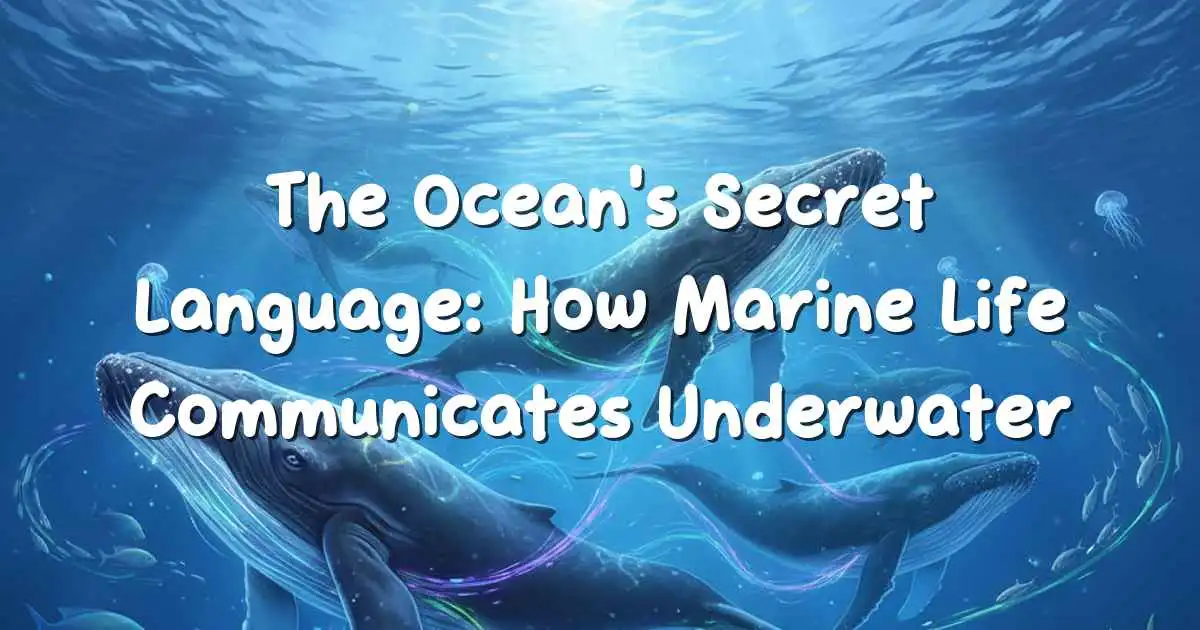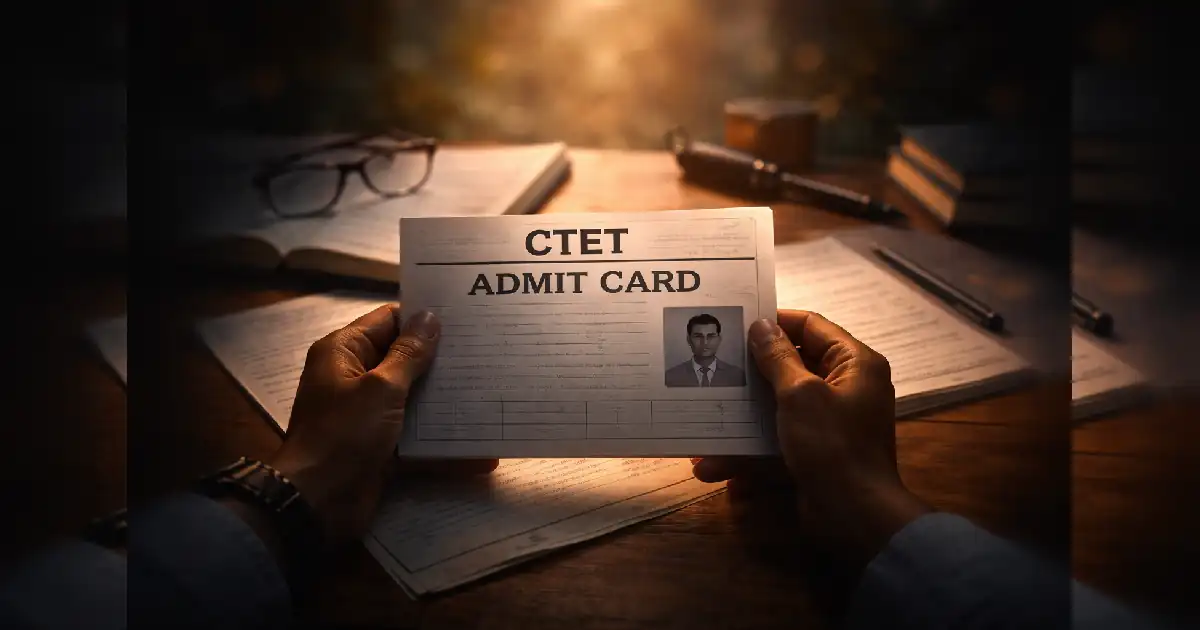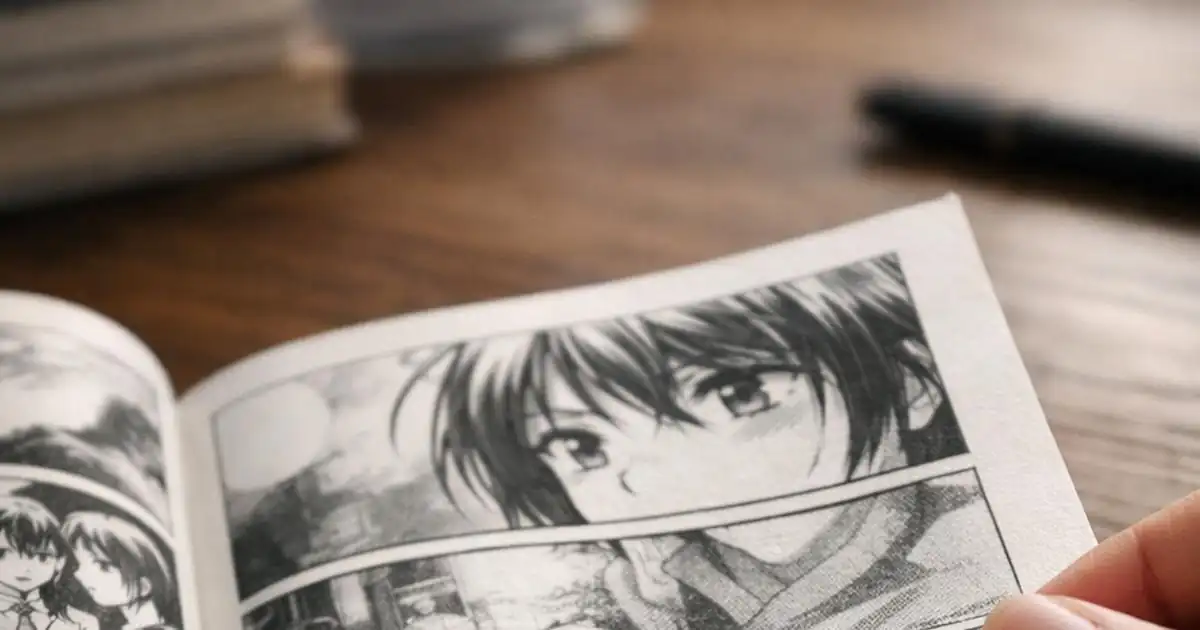The world is facing a deep and accelerating trust crisis. People no longer believe institutions the way they once did. Governments, media, financial systems, and even science are questioned daily. What used to feel stable now feels fragile. This erosion of belief is reshaping politics, culture, and how society understands truth itself.
Trust is the invisible glue that holds societies together. When it weakens, confusion spreads. When it breaks, everything from democracy to personal relationships begins to fracture. We are not just living through a political shift or a technological change. We are living through a collapse of belief.
This is not a temporary phase. It is a Global psychological transformation.
What Is the Trust Crisis?
The trust crisis refers to the widespread loss of belief in authority, institutions, and shared truths. People increasingly question whether systems act honestly or in their best interests. As a result, society becomes more fragmented, suspicious, and emotionally disconnected.
It is not only about politics. It touches:
- Media credibility
- Scientific authority
- Religious institutions
- Financial systems
- Education
- Community leadership
Trust is no longer automatic. It must be earned, constantly.
When Trust Dies, Confusion Thrives in a Post-Truth World
In a world where every group claims to hold “the real truth,” people are left in a fog.
Who should be believed?
What is propaganda?
What is manipulation?
What is reality?
When trust disappears, society doesn’t become more intelligent. It becomes more anxious.
Confusion replaces clarity. Cynicism replaces hope. Fear replaces cooperation.
This is why the phrase “post-truth era” is no longer abstract. We are living inside it.
The Collapse Didn’t Start With Social Media
Algorithms amplified division, but they didn’t create it. The breakdown began decades ago:
- The 2008 financial crisis shattered belief in economic fairness
- Endless wars eroded trust in political leadership
- Religious scandals damaged spiritual authority
- Growing inequality created feelings of betrayal
- The pandemic introduced contradictory expert guidance
Each event chipped away at faith in “the system.” Together, they destroyed the idea that institutions are naturally trustworthy.
Why the World No Longer Believes
People do not distrust because they are ignorant.
They distrust because they feel unheard, misled, or abandoned.
When leaders sound scripted, when news feels biased, when facts shift daily, belief becomes fragile.
Eventually, skepticism becomes survival.
Some people retreat inward, trusting only personal experience.
Others turn to conspiracy theories, not always because they believe them, but because they distrust everything else even more.
Who Can We Trust in a Broken World?
Journalists?
Scientists?
Governments?
Influencers?
This question is no longer rhetorical. In a trust crisis, information itself becomes suspicious. Facts are filtered through ideology. Even truth feels political.
We no longer ask “Is this true?”
We ask “Who benefits if this is true?”
The Cultural Fracture Is Also a Spiritual One
When institutions fail, people search for meaning elsewhere:
- Alternative spirituality
- Local communities
- Decentralized movements
- Ancestral traditions
- Mental health and self-governance
Trust is relocating.
From global to local.
From institutional to personal.
This may feel like regression, but it might also be evolution.
We Are Still Story-Driven Beings
When old narratives collapse, humans don’t live without stories. We replace them:
- The individual as sovereign
- Technology as savior or threat
- Nature as healer
- Community as authority
These are not trends. They are emotional survival strategies in a world without shared belief.
How the Trust Crisis Shows Up in Daily Life
- People fact-check their own doctors
- Young people distrust mainstream media
- Teachers face skepticism
- Voters vote against chaos rather than for hope
- Relationships struggle under suspicion
The trust collapse isn’t “out there.”
It is inside families, classrooms, friendships, and marriages.
Disillusionment Is Not the End
Disillusionment is painful, but it is also clarifying.
It strips away illusions.
It exposes false promises.
It demands accountability.
This is not just loss.
It is an invitation to rebuild trust differently.
A Real-World Example: Transparency Builds Trust
In Portugal, a small municipality opened its full budget to the public. Citizens voted on spending. Crime dropped. Participation rose. Community trust grew.
Trust wasn’t rebuilt through slogans.
It was rebuilt through visibility and shared responsibility.
What Might Replace Institutional Trust?
What’s emerging is not blind faith but earned belief:
- Transparency over authority
- Participation over obedience
- Accountability over charisma
- Community over hierarchy
This is messier, but it is more honest.
Can the World Regain Trust?
Not in its old form.
But something better may rise:
Not blind belief.
But conscious trust.
Not inherited loyalty.
But chosen integrity.
Let Disillusionment Lead to Discernment
Cynicism is not wisdom.
Discernment is.
Learning to question without destroying hope.
To doubt without becoming numb.
To seek truth without worshiping authority.
FAQ
What is the trust crisis?
The trust crisis is the Global loss of belief in institutions, leadership, and shared truths.
Why do people no longer believe authority?
Because repeated failures, contradictions, and hidden agendas eroded confidence.
Is this the post-truth era?
Yes. Information now competes with identity, ideology, and emotion.
Can trust be rebuilt?
Yes, but only through transparency, accountability, and participation.
Ending
Yes, the world is experiencing a trust crisis.
But crisis also means awakening.
We can choose to demand honesty.
To practice discernment.
To rebuild belief from the ground up.
The world we want to believe in does not begin with institutions.
It begins with how trustworthy we choose to be.




